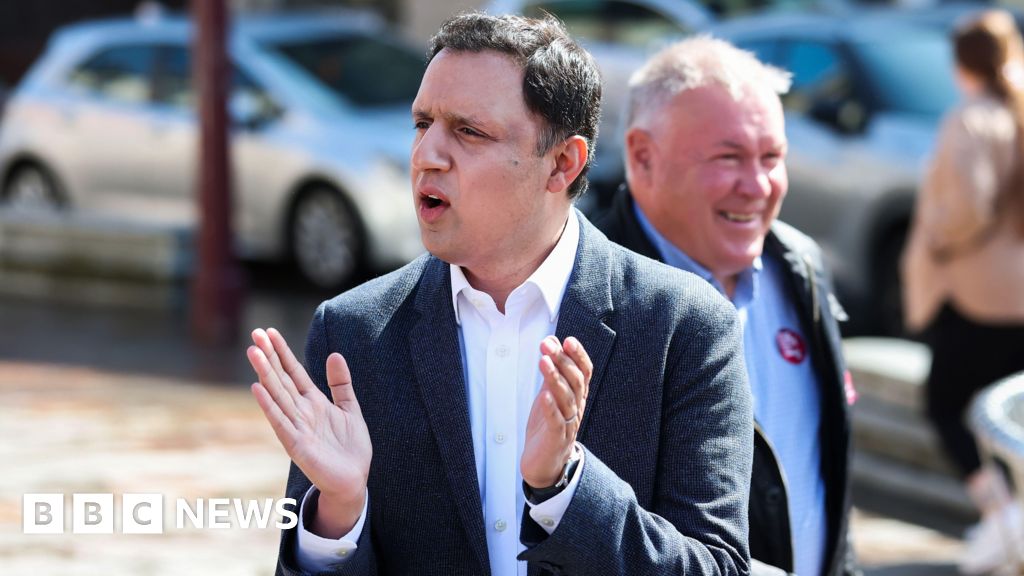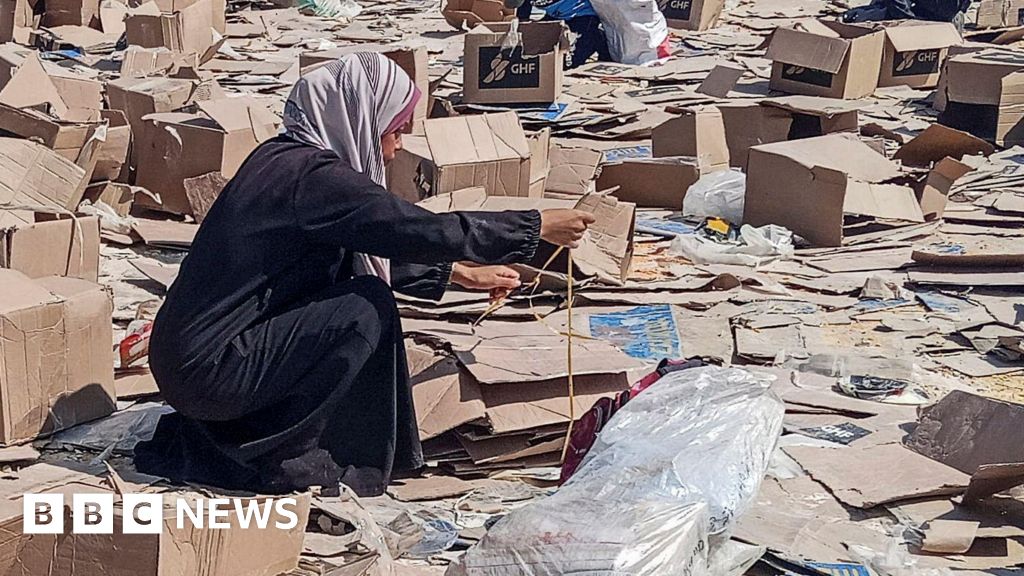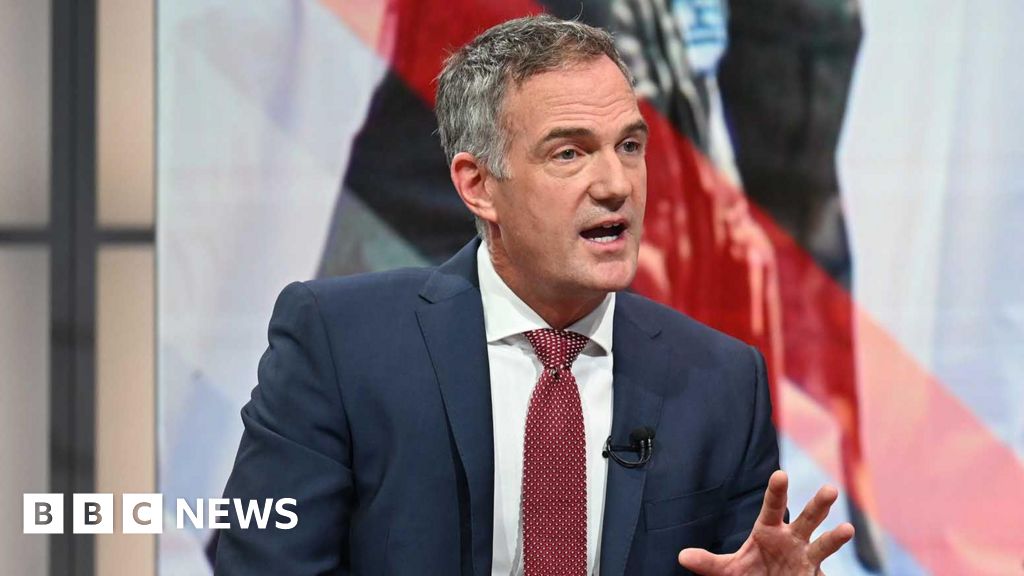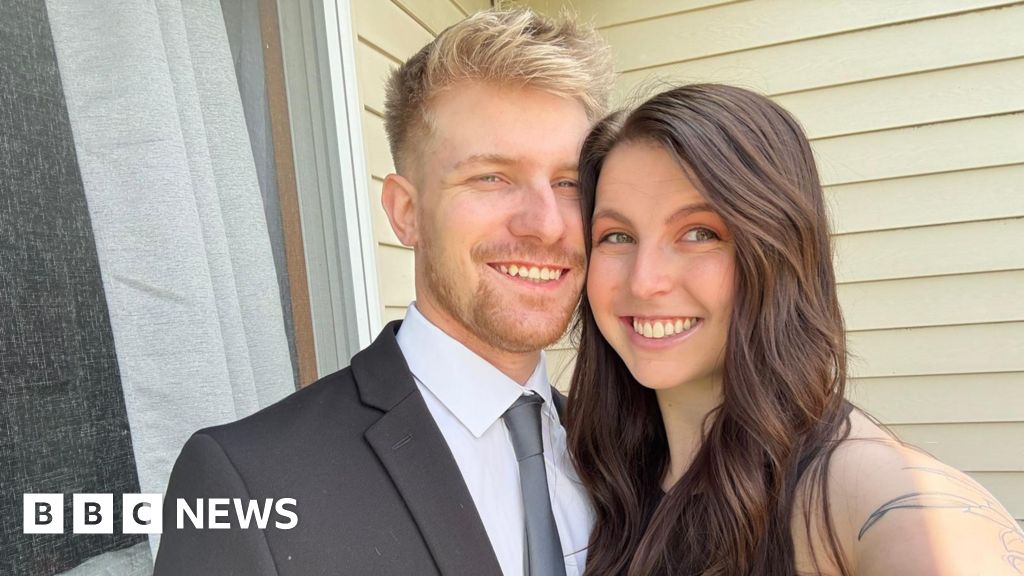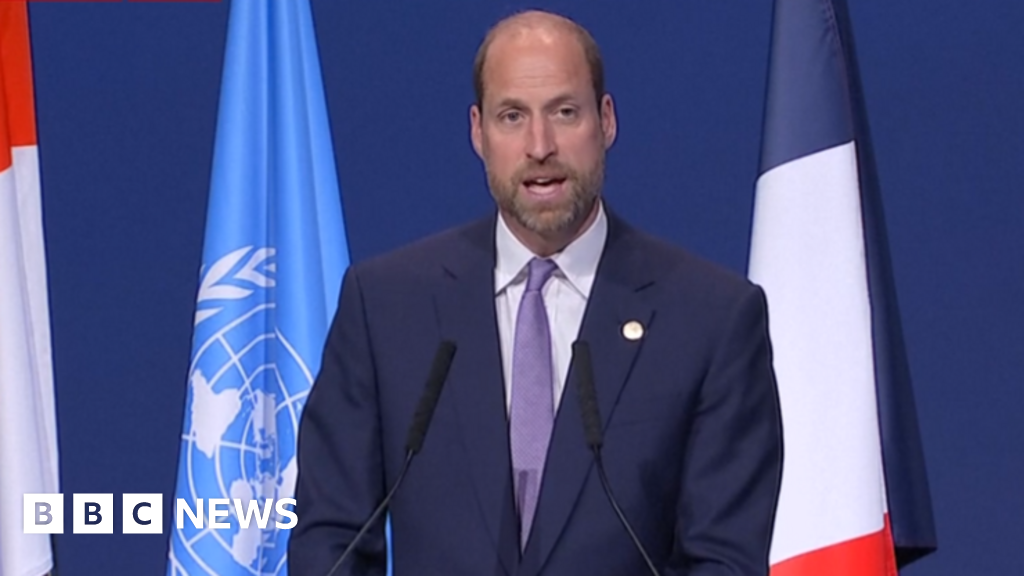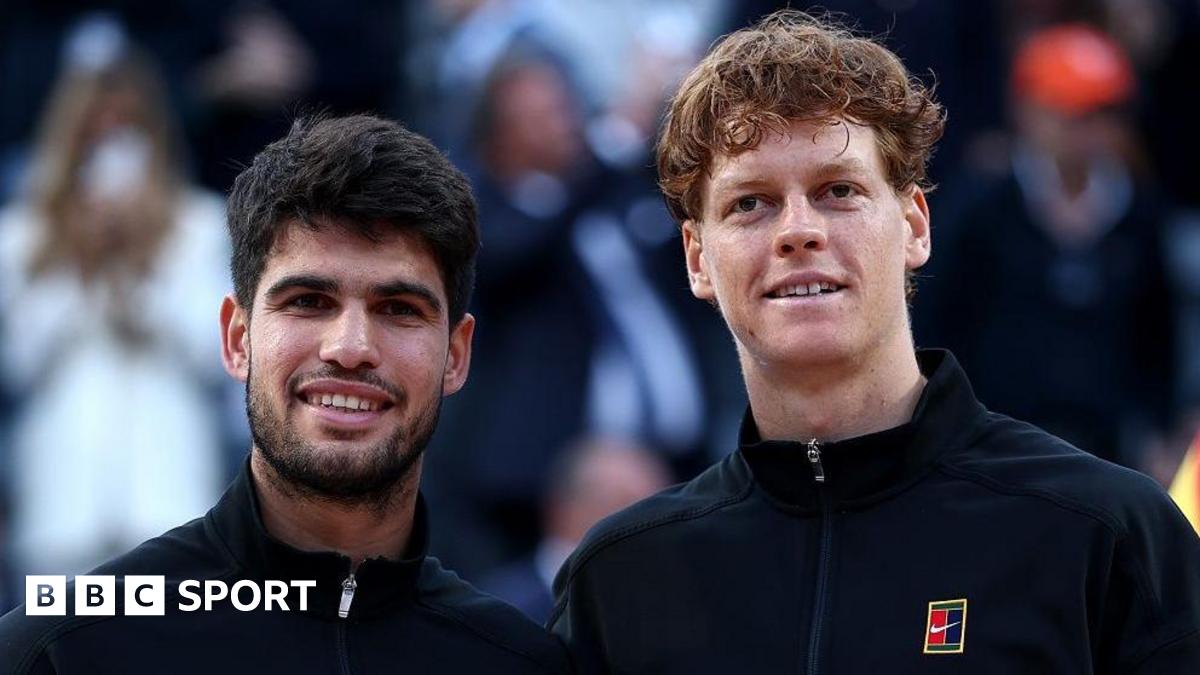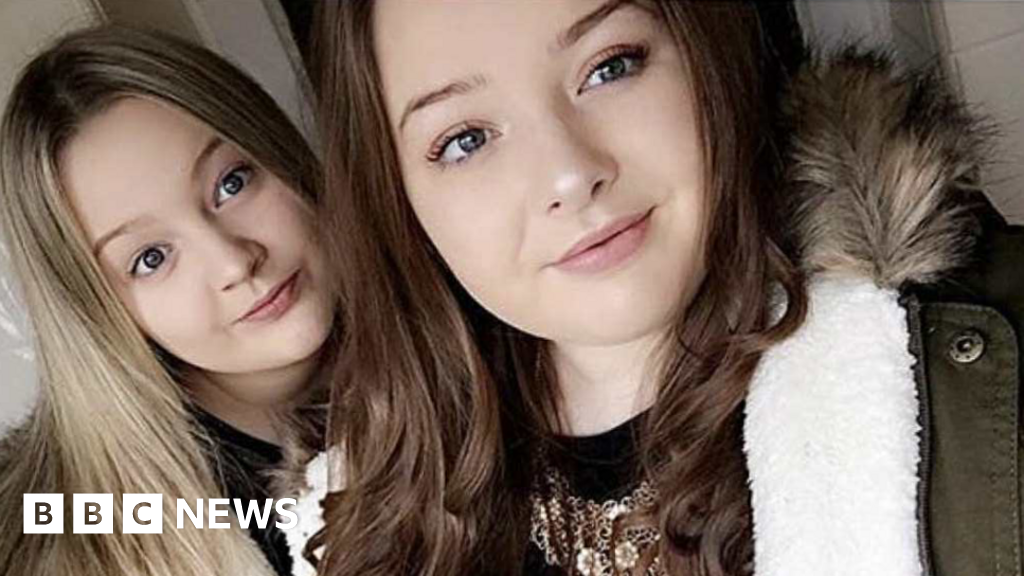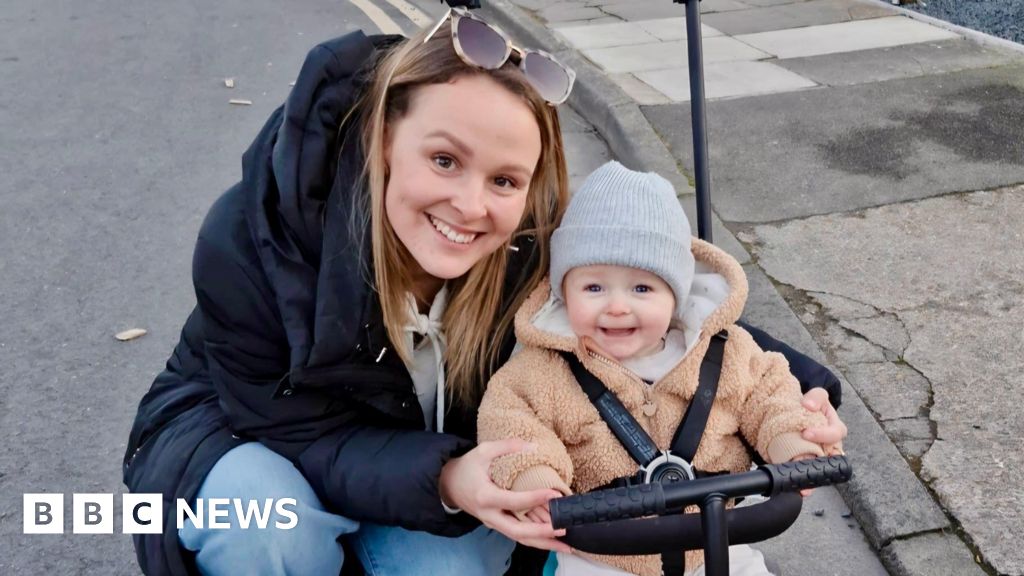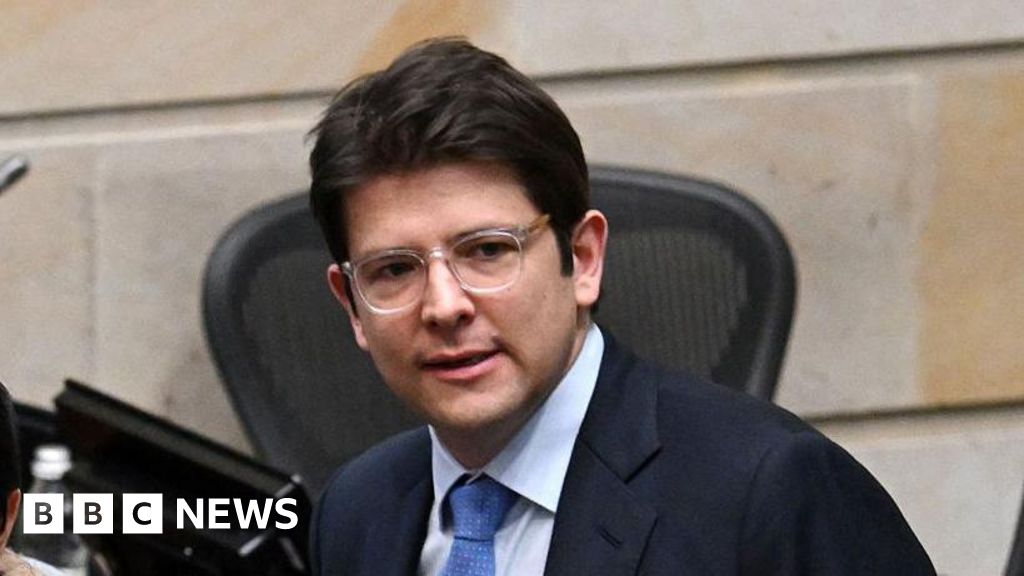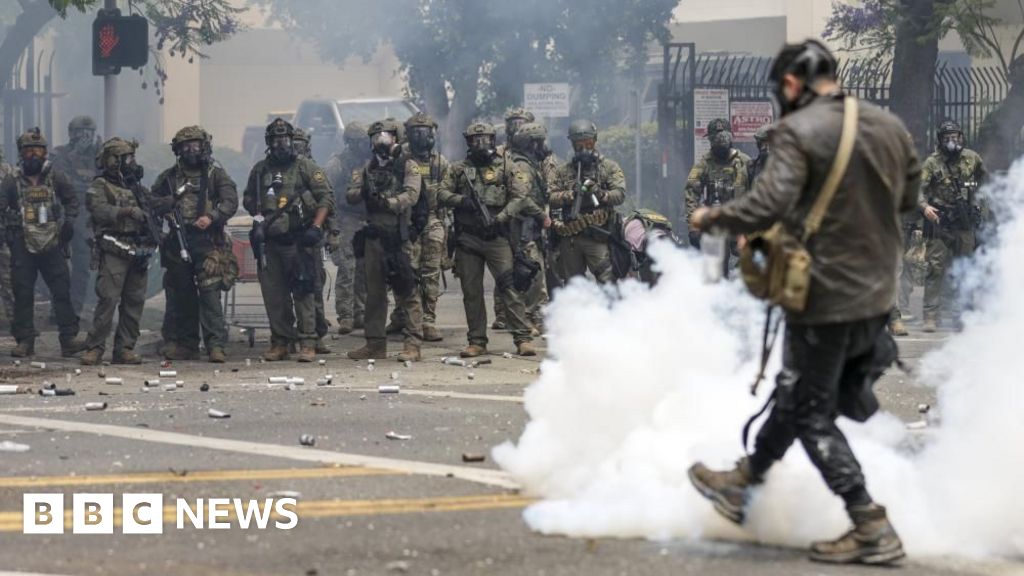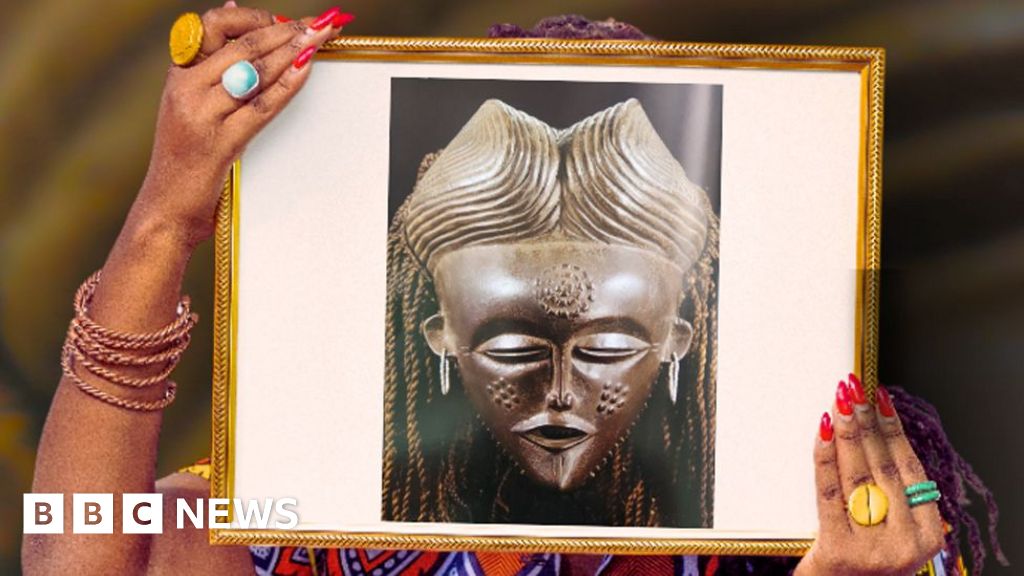Jiyar Gol
BBC world affairs correspondent

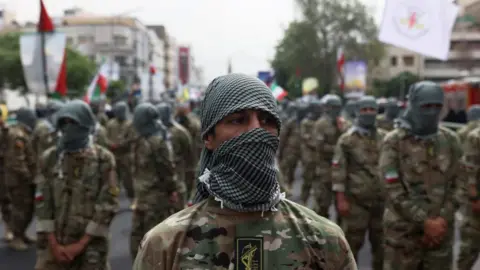 Islamic Revolutionary Guard Corps special forces (file photo)
Islamic Revolutionary Guard Corps special forces (file photo)
US and Israeli intelligence have accused Iran's elite Revolutionary Guards of planning attacks abroad
There has been a sharp rise in plots by the Iranian regime to kidnap or assassinate dissidents, journalists and political foes living abroad, according to reports by Western intelligence agencies.
These attempts have escalated dramatically since 2022, with even US President Donald Trump among the alleged targets. In the UK, police are questioning a number of Iranians arrested earlier this month on suspicion of planning a terrorist attack. The BBC understands the alleged target was the Israeli embassy in London.
And court documents from Turkey and the US - seen by BBC Eye Investigations and BBC Persian - contain evidence that Iran has been hiring criminal gangs to carry out killings on foreign soil, allegations the Iranian regime has previously denied. Iranian officials did not respond to a fresh request for a comment.
One name repeatedly surfaced in these documents: Naji Sharifi Zindashti, an Iranian criminal boss, known for international drug smuggling.
His name appeared in a Turkish indictment in connection with the 2017 killing in Istanbul of Saeed Karimian, the head of a Persian TV network that broadcast Western films and programmes to Iran.

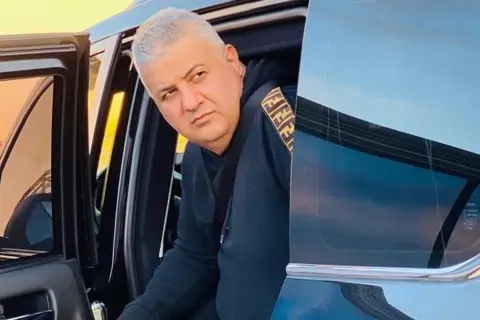 Instagram
Instagram
Naji Sharifi Zindashti fled to Iran after being controversially released from custody in Turkey
Iranian authorities considered Karimian a threat to Islamic values, and three months before his assassination an Islamic Revolutionary Court in Tehran sentenced him in absentia to six years in prison.
US and Turkish officials believed his death was related to a mafia feud.
But when in 2019, Massoud Molavi, a defector from Iran's Islamic Revolution Guard Corps (IRGC), was gunned down in Istanbul, it shed light on Zindashti's alleged role in Karimian's assassination.
Molavi had been exposing corruption at the highest levels of Iran's leadership. The Turkish police discovered Zindashti's gardener had been present at the scene of Molavi's assassination, and that his driver had been at Karimian's murder.
The police suspected the gardener and the driver had been sent by Zindashti.
Zindashti was arrested in connection with Karimian's death but was controversially released after just six months, causing a legal scandal in Turkey. A Higher Court judge ordered his rearrest but by then he had left the country.
He then fled to Iran, raising suspicions that he might have been working for Iranian intelligence all along.
Cengiz Erdinc, a Turkish investigative journalist, claims that when those out of favour with the Iranian regime are killed, Zindashti's men are at the scene. "It is not the first time, but there has always been a connection between organised crime and the intelligence agencies," he says.

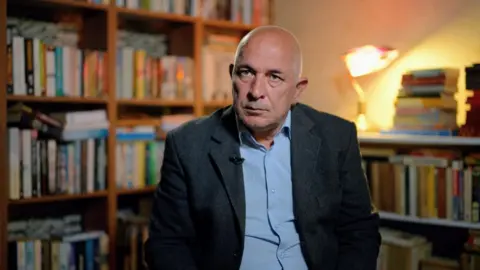
Turkish investigative journalist Cengiz Erdinc
Over three decades ago, he was convicted of drug smuggling in Iran and sentenced to death. But rumours suggested his escape from prison, which led him to Turkey, may have been orchestrated by Iranian intelligence.
"If someone sentenced to death in Iran escapes after killing a guard, they're unlikely to make it out alive - unless there's more to the story," says someone who knew Zindashti closely. The BBC is withholding their identity for their own safety.
"The only plausible way for him to return and live freely would be if he had been working for Iran's intelligence services, making his escape appear to be part of a planned cover story for intelligence work with Iran's security agencies and IRGC," they told BBC World Service.
In 2020, Zindashti's name appeared again in a Turkish indictment in connection with the kidnapping of Habib Chaab, an Iranian dissident who was lured to Istanbul, abducted, and later paraded on Iranian state TV.
Chaab was sentenced to death and executed. Zindashti's nephew was arrested in Turkey in connection with Chaab's disappearance. Zindashti has denied having any role.
Then, in 2021, Zindashti was implicated in a plot in the United States. According to Minnesota court documents, communications between Zindashti and a member of the Hells Angels, a Canadian biker gang, were logged in the indictment.
Zindashti allegedly offered $370,000 to have two Iranian defectors assassinated in Maryland. The FBI intervened and arrested two men before the attack could be carried out.
Our investigation into court documents also uncovered that the IRGC and its overseas operations arm, the Quds Force, have been working with criminal organisations like the Thieves-in-Law, a notorious international criminal gang from the former Soviet Union, to carry out kidnappings and assassinations.
US and Israeli intelligence sources say Unit 840 of the IRGC's Quds Force's main responsibility is to plan and establish terror infrastructure abroad.
In March, a New York jury convicted two men associated with the Thieves-in-Law for plotting to assassinate Masih Alinejad, an Iranian-American activist. Iranian agents allegedly offered $500,000 for her killing. Just two years earlier, a man with a loaded gun had been arrested near her home in Brooklyn.
Following the 2020 assassination by the US of top IRGC commander General Qasem Soleimani, Iran vowed revenge. Since then, the US says Iran has been plotting to kill former members of the Trump administration involved in Soleimani's death, including former national security adviser John Bolton, and Mike Pompeo, former head of the CIA and secretary of state.
During last year's US presidential election, prosecutors accused Iran of plotting to assassinate Donald Trump, which Iran strongly denied.
In response to these growing threats, the US and UK have imposed sanctions on individuals linked to Iran's intelligence operations, including Zindashti, Iranian diplomats, and members of the IRGC.
Zindashti denies ever working for the Iranian intelligence service.
In 2024, Ken McCallum, the director of MI5 reported 20 credible threats against individuals in the UK linked to Iran.
In one case in West London, a Chechen man was arrested near Iran International, a Persian-language TV station in London. He was convicted of gathering information for Iranian agents.
Last year, Pouria Zerati, a London-based presenter for Iran International, was attacked with a knife. Soon after, two men were arrested in Romania at the request of UK counter-terrorism police.
Sources in the UK security services told the BBC these men were part of the Thieves-in-Law, allegedly hired by Iranian agents.
Sima Sabet, a presenter for Iran International, was one of the targets, but an attempt to blow up her car failed.
"When they realised they couldn't attach a bomb to my car, the agents told the man to finish the job quietly," says Sima, who has seen the police file, says. "He asked how quietly, and they replied, 'As quiet as a kitchen knife.'"

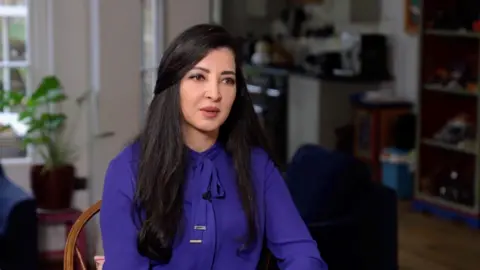
Sima Sabet, from Iran International, was the target of an assassination plot
After the assassination of four Iranian Kurdish leaders by masked gunmen in a restaurant in Berlin in 1992, German prosecutors blamed the entire Iranian leadership for the killings. The attack was carried out by Iranian agents and members of the Iran-backed Lebanese Shia Hezbollah movement.
An international arrest warrant was issued for Iran's intelligence minister, and a court declared that the assassination had been ordered with the knowledge of Iran's Supreme Leader and president.
Since then, it seems the Iranian regime has been hiring criminal organisations to carry out kidnappings and killings in an attempt to avoid linking the attacks back to the regime.
But Matt Jukes, the UK's Head of Counter Terrorism Policing, says it is relatively easy for police to infiltrate criminal groups because they are not ideologically aligned with the Iranian regime.
It is what he calls a "creeping penetration" by Iran, which the police are trying to disrupt.

 3 weeks ago
55
3 weeks ago
55
